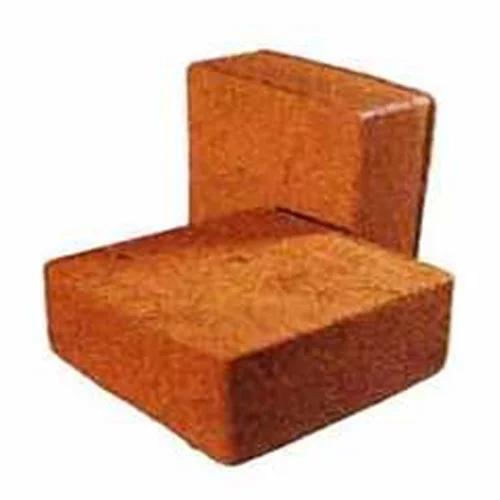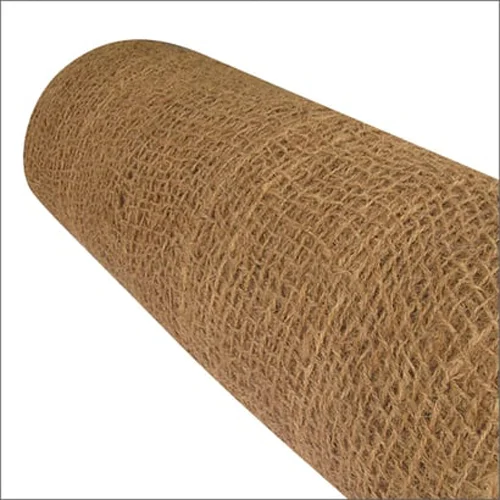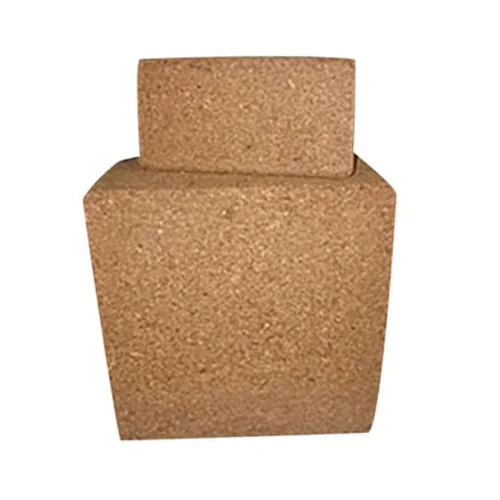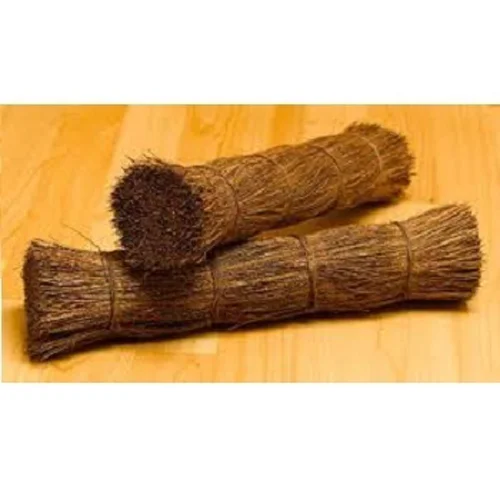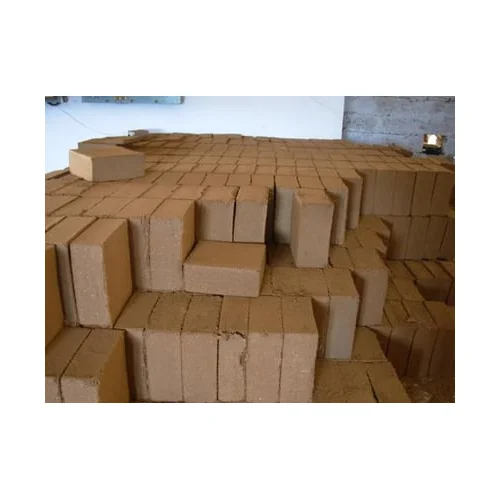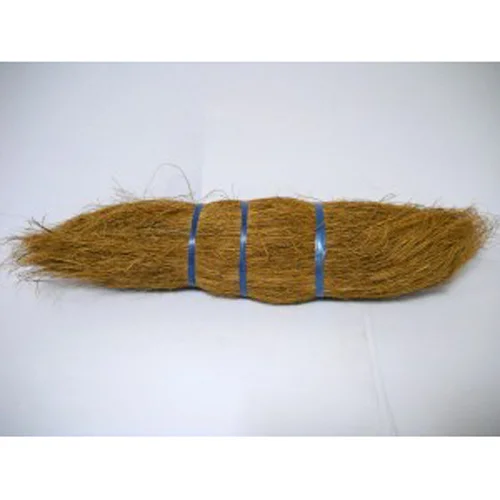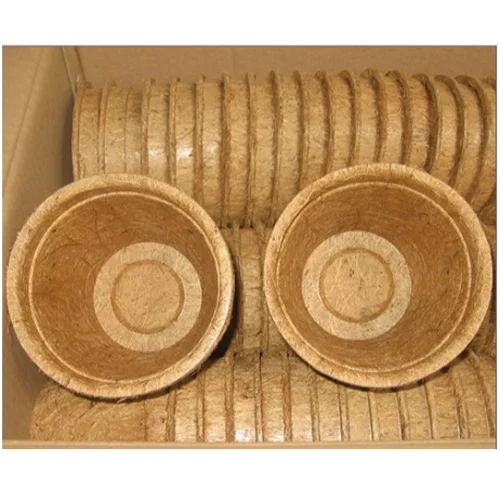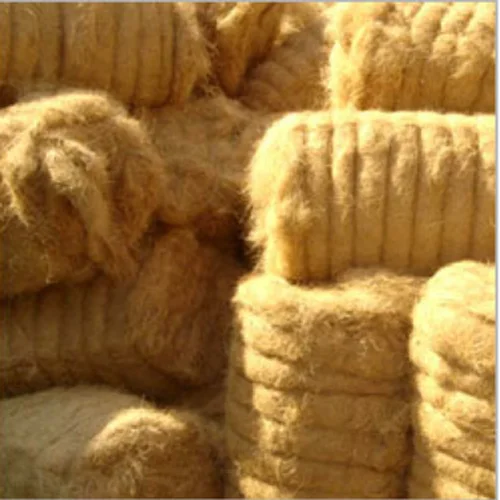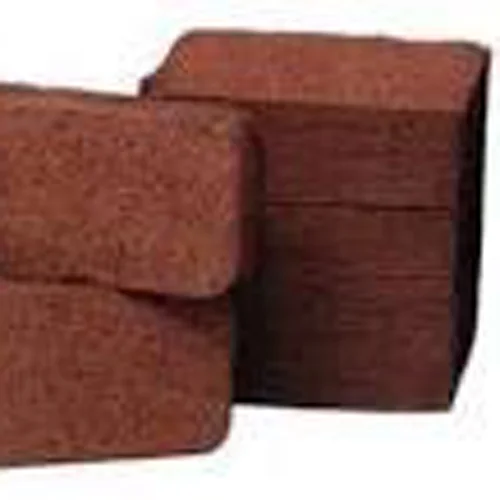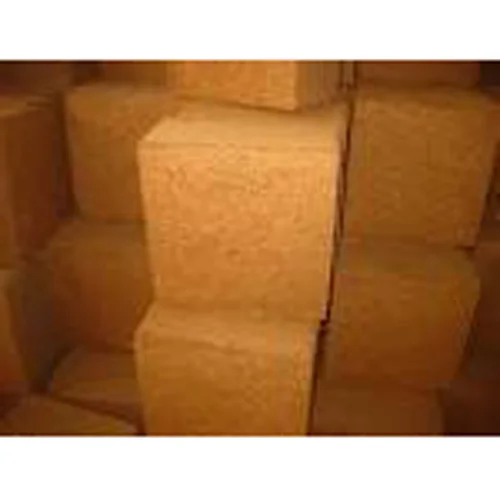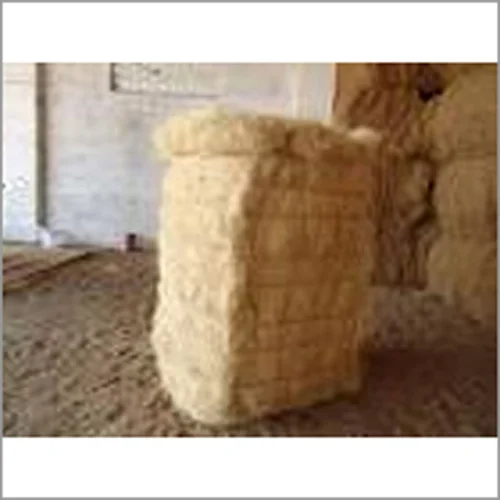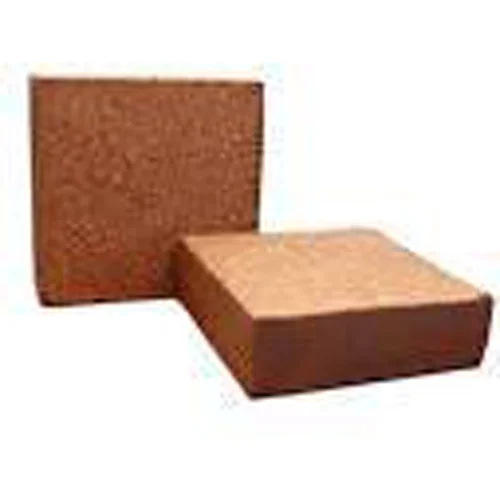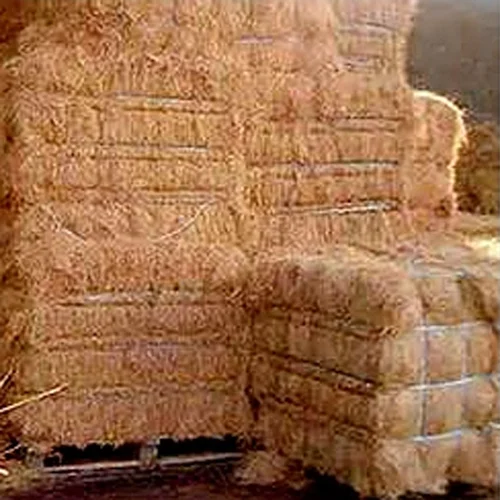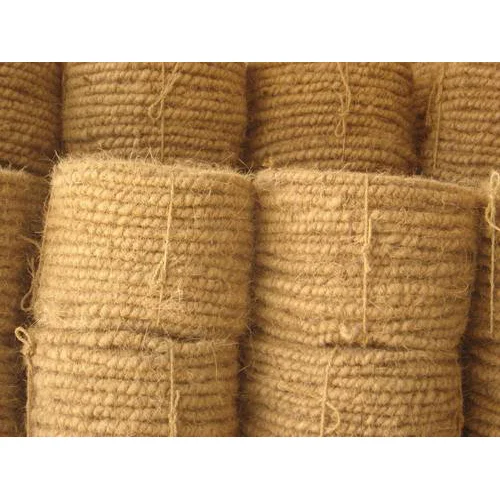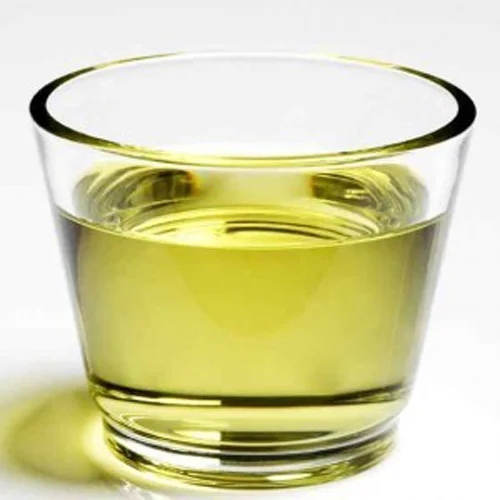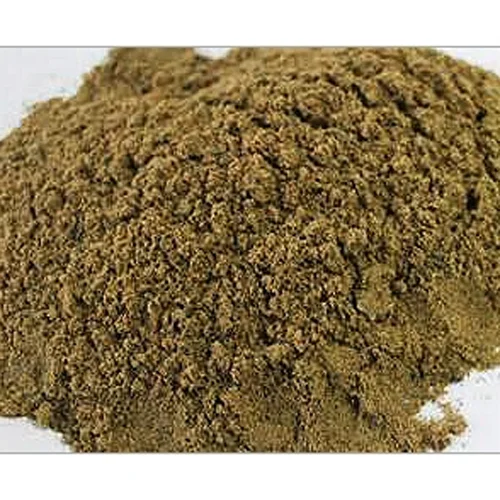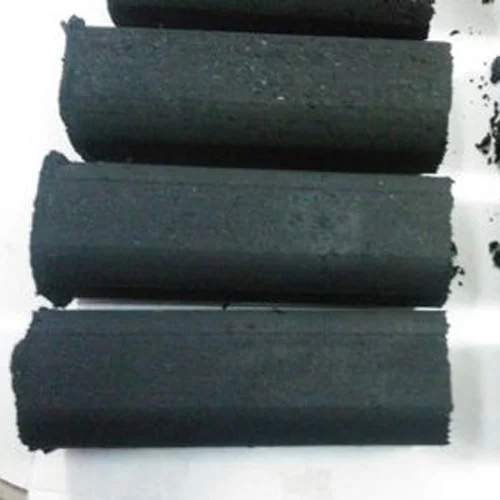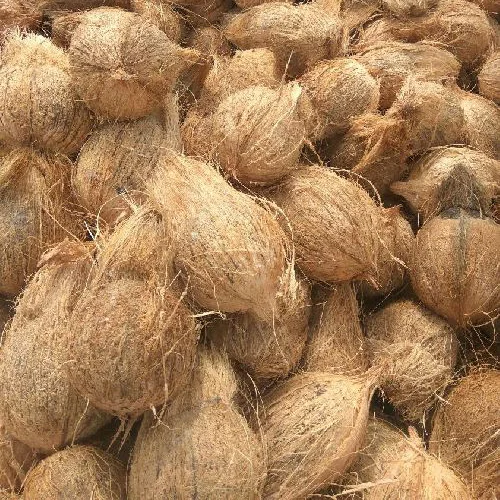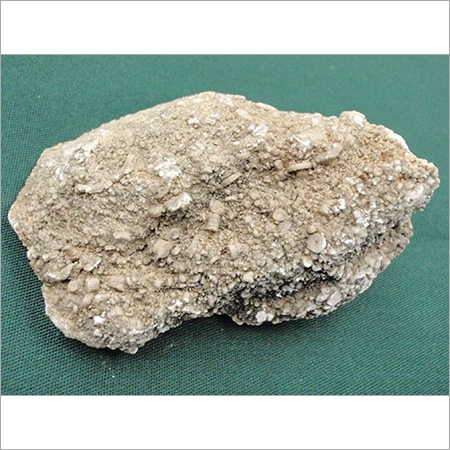Coir pith, also known as coco peat, is a byproduct of the coconut industry and is widely used as a growing medium in horticulture and agriculture. It is a natural and sustainable alternative to peat moss, which is harvested from fragile ecosystems and has a significant environmental impact.
Coir pith is obtained from the outer fibrous husk of the coconut fruit. The fibrous material is separated from the coir pith and used for making products like ropes, mats, and brushes. The coir pith is then washed, sieved, and dried to remove any impurities and moisture content. The end result is a highly porous and lightweight material that is ideal for plant growth.
One of the key benefits of coir pith is its excellent water retention properties. It can hold up to 10 times its weight in water, which means that plants grown in coir pith require less frequent watering. This makes it an ideal growing medium for plants that need a consistent supply of moisture, such as vegetables, herbs, and indoor plants.
Coir pith also has excellent aeration properties, which means that it provides a good balance of air and water to plant roots. This allows roots to grow more freely and absorb nutrients more efficiently. In addition, coir pith has a neutral pH, which means that it does not affect the pH of the soil it is used in.
Another benefit of coir pith is that it is a renewable resource that is biodegradable and compostable. It can be reused multiple times as a growing medium or added to compost piles to enrich the soil. This makes it an excellent choice for growers who are concerned about sustainability and environmental impact.


